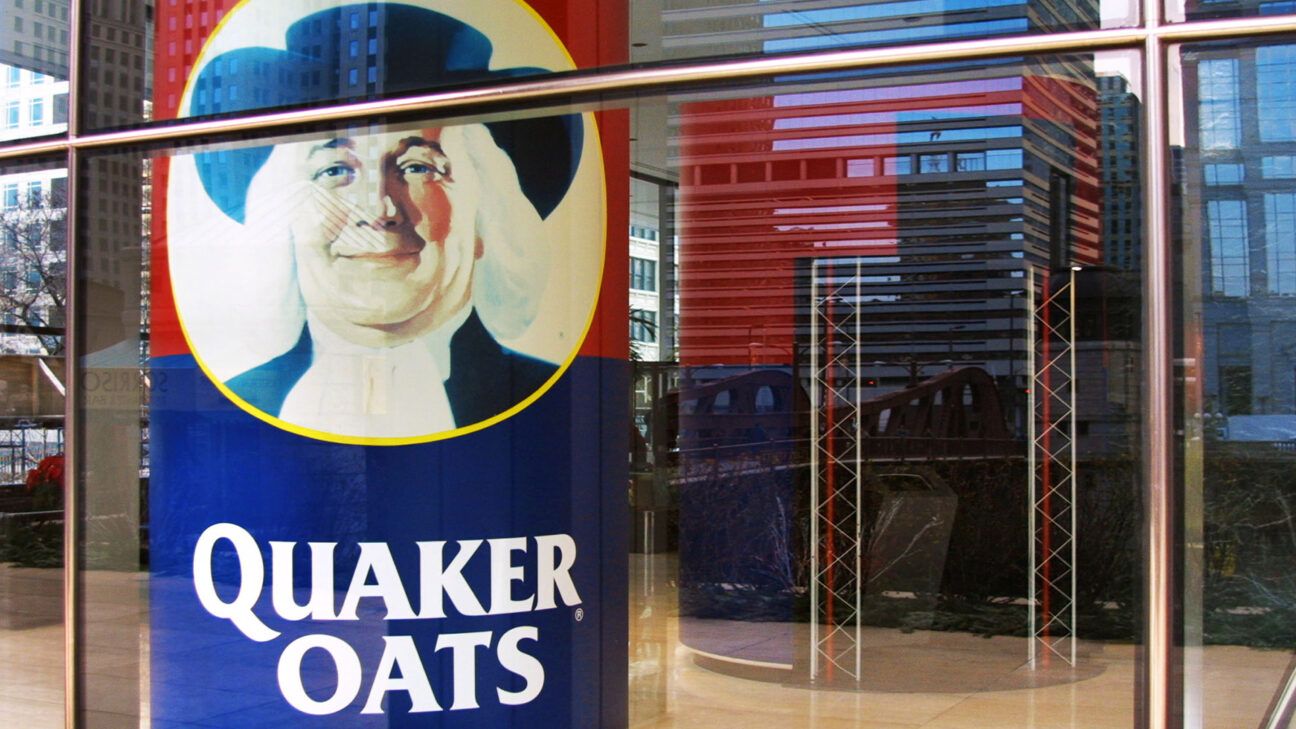
- Quaker Oats has recalled several granola and cereal products over concerns they may be contaminated with salmonella.
- Salmonella is a bacteria that, when ingested, typically causes diarrhea along with fever, nausea, and vomiting.
- While most people will be able to recover at home without medications, certain at-risk individuals may require antibiotics or hospitalization.
Quaker Oats has recalled several types of granola and cereal products over concerns they may be contaminated with salmonella.
Salmonella is a bacteria that, when ingested, typically causes diarrheal illness.
Each year, it results in 1.3 million illnesses, 26,500 hospitalizations, and 420 deaths in the United States, according to the Centers of Disease Control and Prevention (CDC).
Although most people are able to recover at home, certain people, including those who are immunocompromised as well as young children, and older adults, may require antibiotics.
“In people with a competent immune system, the Salmonella that are often found in food products in the U.S. will cause a self-limited infection with the following symptoms: diarrhea (that may be bloody), fever, nausea, vomiting and abdominal pain,” Denise Monack, PhD, a professor of microbiology and immunology at Stanford Medicine in California, told Healthline.
Here’s what has been recalled by Quaker Oats
Quaker Oats recalled more than 40 products on December 15, including chewy granola bars, granola cereals, snack mixes, and variety packs.
The affected items were sold in all 50 states of the United States as well as Puerto Rico, Guam, and Saipan.
The “best by” dates ran through October 2024.
You can see the full list of recalled products on this alert issued by the Food and Drug Administration (FDA).
If you have any of these items, officials say you should dispose of them immediately.
You can contact Quaker Consumer Relations at 1-800-492-9322 or visit www.quakergranolarecall.com for more information or a reimbursement.
According to the FDA alert, there have been no confirmed reports of illness associated with this recall yet.
Dr. Amesh Adalja, a senior scholar at the Johns Hopkins Center for Health Security in Maryland and an infectious disease physician, says salmonella can get into food products in a variety of ways.
For example, it can come “from individuals involved in the manufacture harboring the bacterium, cross contamination from another product that harbors the bacteria, or from fecal contamination of the source of the products that is not removed,” Adalja told Healthline.
Symptoms and causes of salmonella illness
Most people who contract a salmonella illness develop fever, diarrhea, nausea, vomiting, or abdominal pain.
Symptoms typically kick in between 6 hours to 6 days after exposure and last, on average, 4 to 7 days.
In most cases, the bacteria will remain in the gut, according to Monack.
“In some cases, salmonella can spread from your gut and enter the bloodstream and other tissues and this is much more serious,” said Monack.
Certain individuals, including young children, older adults, and people with weakened immune systems, face a heightened risk of experiencing severe or fatal infections, according to the CDC.
Treatments for salmonella illness
The CDC recommends contacting a doctor if you have a fever over 102 degrees, diarrhea for longer than three days that is not improving, bloody stools, prolonged vomiting, or signs of dehydration (such as dizziness or dry mouth).
Salmonella illnesses can be diagnosed via a laboratory test that looks for the bacteria in a person’s stool, body tissue, or fluids.
Treatment, for most people, involves supportive care, such as remaining well hydrated, at home.
Adalja does not recommend over-the-counter antidiarrheals, such as Imodium, for salmonella-related diarrhea.
Higher risk individuals, such as those with severe illness, underlying medical conditions, children, and older adults, may be given antibiotics to kill the bacteria, Adalja noted.
For otherwise healthy people, antibiotics are not recommended as they can also kill good bacteria that assists in recovery, according to Monack.
“The last thing to keep in mind is that many Salmonella are resistant to antibiotics and taking them when it is not necessary can contribute to increasing antibiotic resistance in this pathogen,” she said.
Quaker Oats Recalls Dozens of Products, Including Granola Bars, Over Salmonella Risk
Source: Pinoy Lang Sakalam



0 (mga) komento:
Mag-post ng isang Komento